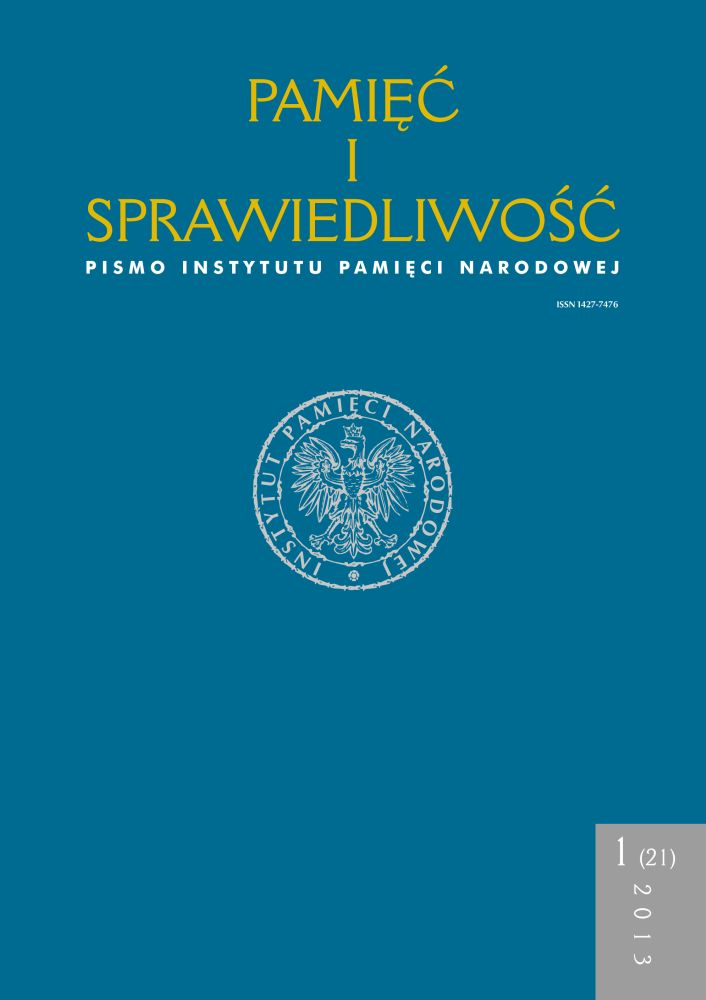Relacje między Zgromadzeniem Europejskich Narodów Ujarzmionych a Komitetem Wolnej Europy na tle polityki amerykańskiej 1950–1960
Relationship between the Assembly of Captive European Nations and the Free Europe Committee in the context of US foreign policy 1950–1960
Author(s): Anna MazurkiewiczSubject(s): History, Recent History (1900 till today), Post-War period (1950 - 1989)
Published by: Instytut Pamięci Narodowej
Keywords: Assembly of Captive European Nations; Free Europe Committee; US foreign policy
Summary/Abstract: From 1954 to 1972 the ACEN functioned as a lobby for Eastern European interests on the U.S. political scene and in respect to the United Nations. According to its members – a quasi-East European parliament of exiled politicians who strived to maintain the case of liberation of Eastern Europe from the Soviet yoke on the agenda of international relations. Founded by the Free Europe Committee, the ACEN operations were obviously influenced and monitored by official American policy. In order to examine the extent of American control and to exemplify the political and public activities of the ACEN, I have selected a period during which the exiles began to openly disapprove of American foreign policy. This article focuses on the years 1959–1960, during which the ACEN vehemently opposed both the decision to invite Soviet Prime Minister Khrushchev to the U.S. and the subsequent courteous treatment extended to him during his appearance before the United Nations General Assembly. I find that despite the émigré leadership’s self-restraint and adherence to the FEC-imposed rules, the moment the ACEN activities diverged from official U.S. policy, it lost American support. The the FEC’s reaction to the ACEN activities shows that the ACEN mission had to remain compatible with U.S. foreign policy objectives. The heady days of the Cold War when support was bountiful were over, the foreign policy thaw had begun and accelerated, leaving the leaders of the Captive Nations behind as they evolved. The ACEN retained its stance, while American policy changed. Compromise was the price that some of the émigré leaders were willing to pay for many years following their disillusionment in 1959. However, their essential objective was to keep the ACEN alive and continue the concerted Central and East European émigré effort not to let the world forget about their estimated one hundred million captive compatriots. For them it was a matter of being able to act on behalf of their captive nations, and it was this goal that forged their dedication and commitment for the life of the organization. The English version of this article was published in: The Inauguration of Organized Political Warfare: Cold War Organizations Sponsored by the National Committee for a Free Europe, ed. Katalin Kádár Lynn, (New York, Budapest: Helena History Press, 2013), 91–130.
Journal: Pamięć i Sprawiedliwość.
- Issue Year: 21/2013
- Issue No: 1
- Page Range: 213-244
- Page Count: 32
- Language: Polish

